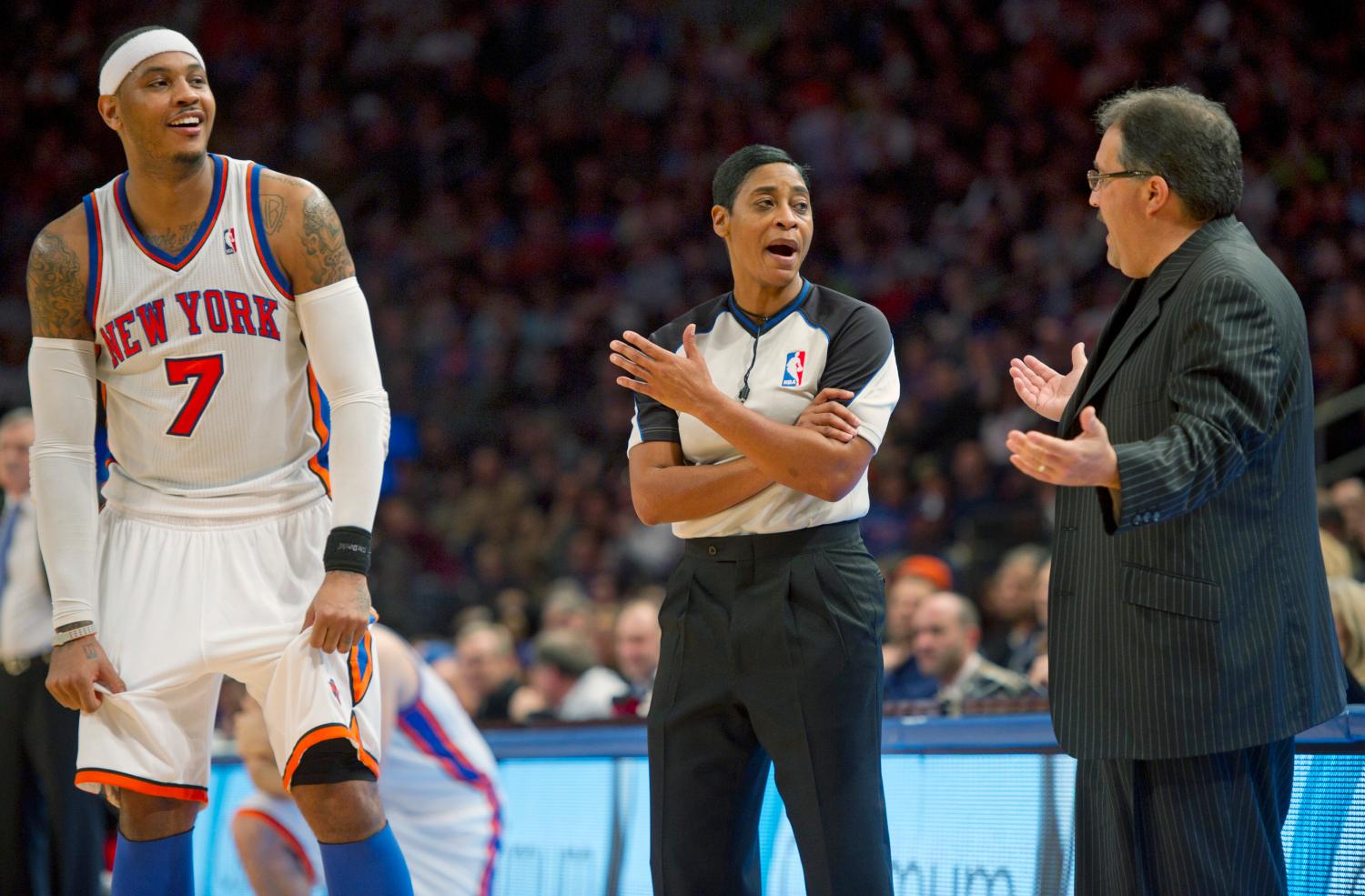After being made aware of their racial biases in referee calls through widespread media exposure, individual National Basketball Association referees became unbiased, suggesting that raising awareness of even subtle forms of racism can bring about meaningful change.
The authors examined a real-world setting—professional sports referees who had big incentives to make unbiased decisions but were still exhibiting significant amounts of racial bias—and found that after learning of their bias via media coverage of a major academic study, their behaviors changed.
The original study, authored by Price and Wolfers and in 2007, looked at nearly two decades of NBA data (1991-2002) and found that personal fouls are more likely to be called against basketball players when they are officiated by an opposite-race refereeing crew than when officiated by an own-race refereeing crew. The results received widespread media attention at the time, with a front-page piece in the New York Times and many other newspapers, extensive coverage on the major news networks, ESPN, talk radio and in the sports media including comments from star players at the time such as LeBron James, Kobe Bryant and Charles Barkley, to then-NBA Commissioner David Stern.
The new paper compares the next time period after the first study (2003-2006) to the timeframe immediately after the study was publicized (2007-2010). The authors found the bias continued in the first 3-year period after the study but that no bias was apparent after the widespread publicity of the first study’s findings. The researchers found that the media exposure alone was apparently enough to bring about the attitude change: the NBA reported that it not take any specific action to eliminate referee discrimination, and in fact never spoke to the referees about the study, nor change referee incentives or training.
Abstract
Can raising awareness of racial bias subsequently reduce that bias? We address this question by exploiting the widespread media attention highlighting racial bias among professional basketball referees that occurred in May 2007 following the release of an academic study. Using new data, we confirm that racial bias persisted in the years after the study’s original sample, but prior to the media coverage. Subsequent to the media coverage though, the bias completely disappeared. We examine potential mechanisms that may have produced this result and find that the most likely explanation is that upon becoming aware of their biases, individual referees changed their decision-making process. These results suggest that raising awareness of even subtle forms of bias can bring about meaningful change.
The Brookings Institution is committed to quality, independence, and impact.
We are supported by a diverse array of funders. In line with our values and policies, each Brookings publication represents the sole views of its author(s).




